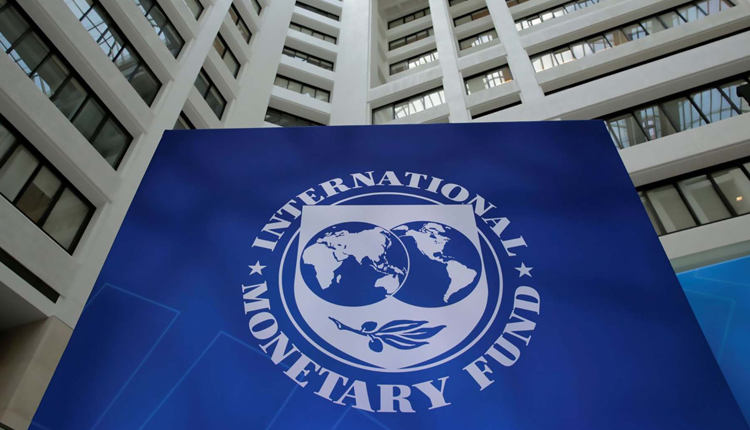The International Monetary Fund (IMF) on Tuesday forecast Egypt’s economy would grow 5.5 percent for 2019 – unchanged from its October estimate – and 5.9 percent in 2020.
The Fund edged up its 2019 forecast for consumer price inflation to 14.5 percent from 14 percent. It predicted an easing to 12.3 percent in 2020, according to its World Economic Outlook released on Tuesday.
Egypt’s gross domestic product grew 5.3 percent last year, when inflation was 20.9 percent.
The IMF forecast this year’s current account deficit at 2.4 percent of GDP, the same as 2018 and unchanged from its forecast in October.
Unemployment was projected to drop to 9.6 percent from 10.9 percent last year.
Egypt signed a three-year $12 billion loan programme with the IMF in late 2016 as it sought to attract back international investors who pulled out after an uprising in 2011.
The government implemented tough reforms, including a steep currency devaluation and deep cuts to energy subsidies and introducing a value-added tax, leaving many of Egypt’s nearly 100 million citizens struggling to make ends meet.
Egypt will remove remaining subsidies on most energy products by June 15, it told the IMF in a January letter released by the fund on Saturday as part of a review of the loan programme.
Earlier this week, IMF said it expected Egypt’s economy to grow to around 6 percent over the medium term on condition of assuming sustained implementation of reforms.
The country’s inflation is expected in the range of 13-14 percent by the end of the current financial year, and to reach single digits in 2020, showed an IMF report on Saturday on the fourth review of Egypt’s Extended Fund Facility arrangement.
“The outlook is favorable, provided policies as agreed under the programme are implemented. The continued strengthening of tourism and construction, and rising production of natural gas are projected to raise GDP growth to 5.5 percent in 2018/19.” IMF report further read.
“Growth is projected to rise further to 6 percent over the medium term as ongoing structural reforms are fully implemented and translate into stronger private investment.”


